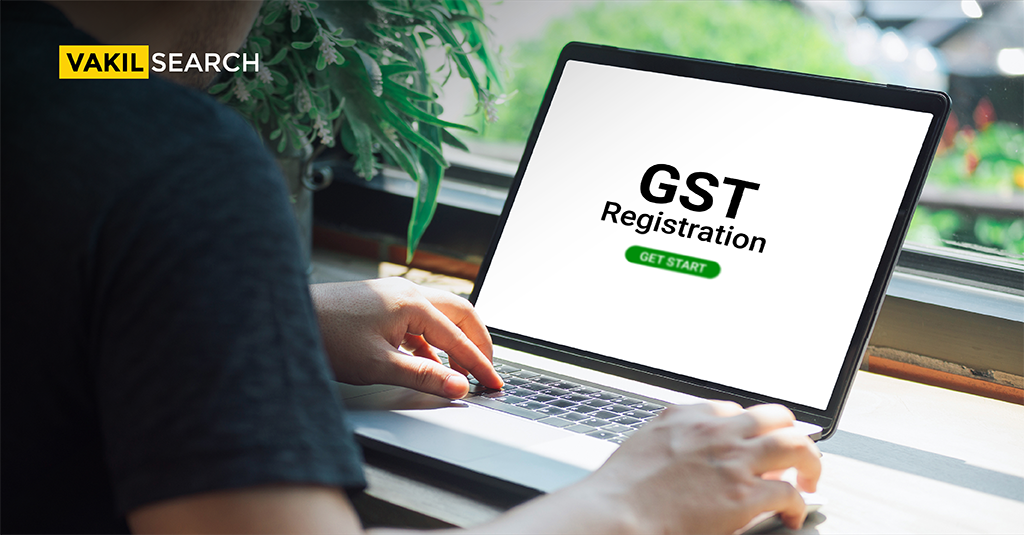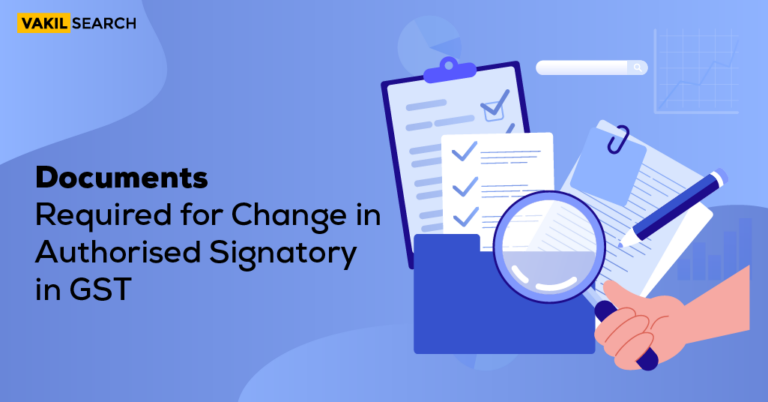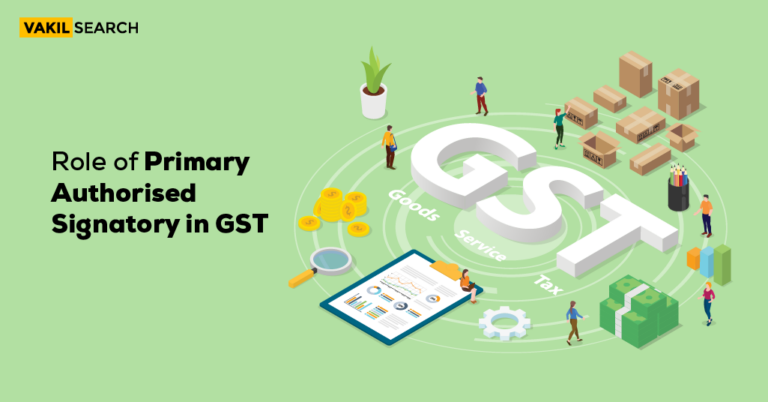Trouble finding out the documents required for GST registration for eCommerce? Ease those troubles with this read.
e-Commerce Industry in India
e-Commerce in India is growing at a rapid pace. It has garnered the attention of the public through social media marketing, which has served as a vehicle for not only mainstream advertising with a twist, but also for obtaining feedback, creating a brand image, and promoting new product releases.
According to studies by NASSCOM, The Indian e-commerce market stands at a massive valuation of $14 billion which started as a rather small industry about a decade ago or so. Since then it has been gaining monumental momentum and is showing more than 25 per cent growth potential.
e-Commerce GST Registration
e-Commerce operators are mandated to mandatory obtain a GST registration no matter what the value of their supply of goods or services or both made by them.
Regardless of the magnitude of the sale, all operators who make supplies through e-commerce websites are required to obtain GST registration. Likewise, regardless of who owns the websites and the commodities supplied, the entity selling the same should register for GST registration.
Before registering for GST, use our GST Calculator to calculate the precise amount of GST that must be paid.
| In the case of services that are notified under Section 9(5), e-commerce operators are obligated to pay tax on behalf of those providers. Moreover, threshold exemption is not available to e-commerce operators who are required to pay tax on notified services supplied through them. |
Documents Required for e-Commerce GST Registration
The documents required for GST registration varies according to the kind of business or GST Registration desired. Proprietors, partnerships, and corporations, for example, must provide several different categories of documentation for registration.
Even if an e-commerce supplier’s turnover is less than the prescribed threshold limit, all traders/dealers selling goods/services online must register for GST in order to claim the tax collected by the aggregators.
Additionally, to know more about the specific documentation required for GST registration: https://www.gst.gov.in/, get in touch with Vakilsearch’s GST specialists,
Frequently Asked Questions (FAQs)
Will an e-commerce operator be required to pay tax on supplies of goods or services made through it rather than the actual supplier?
Yes, but only for services notified under Section 9(5) of the CGST Act of 2017. Further, in such cases, the tax must be paid by the electronic commerce operator if such services are provided through it, and all provisions of the Act apply to such electronic commerce operator as if he were the supplier liable to pay tax on the supply of such services.
Sec. 5(5) of the IGST Act, 2017 includes a similar provision for inter-state supply.
(Refer to Notification No. 17/2017- Central Tax (Rate) and 14/2017- Integrated Tax (Rate), both dated 28.06.2017.)
If I am a supplier who sells my own products through a website that I host. Do I fit the bill as an electronic commerce operator’? Is it necessary for me to collect TCS on such supplies?
Answer: You will be classified as a ‘electronic commerce operator’ under the definitions in Sections 2 (44) and 2(45) of the CGST Act, 2017. According to the provisions, there is no requirement to collect tax at source when someone sells their own products through a website.










